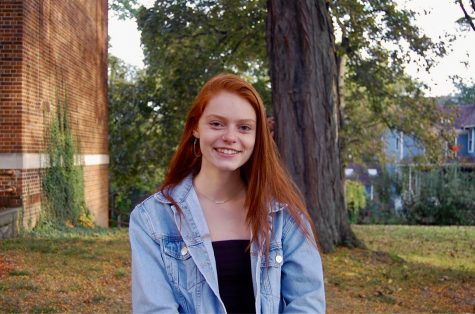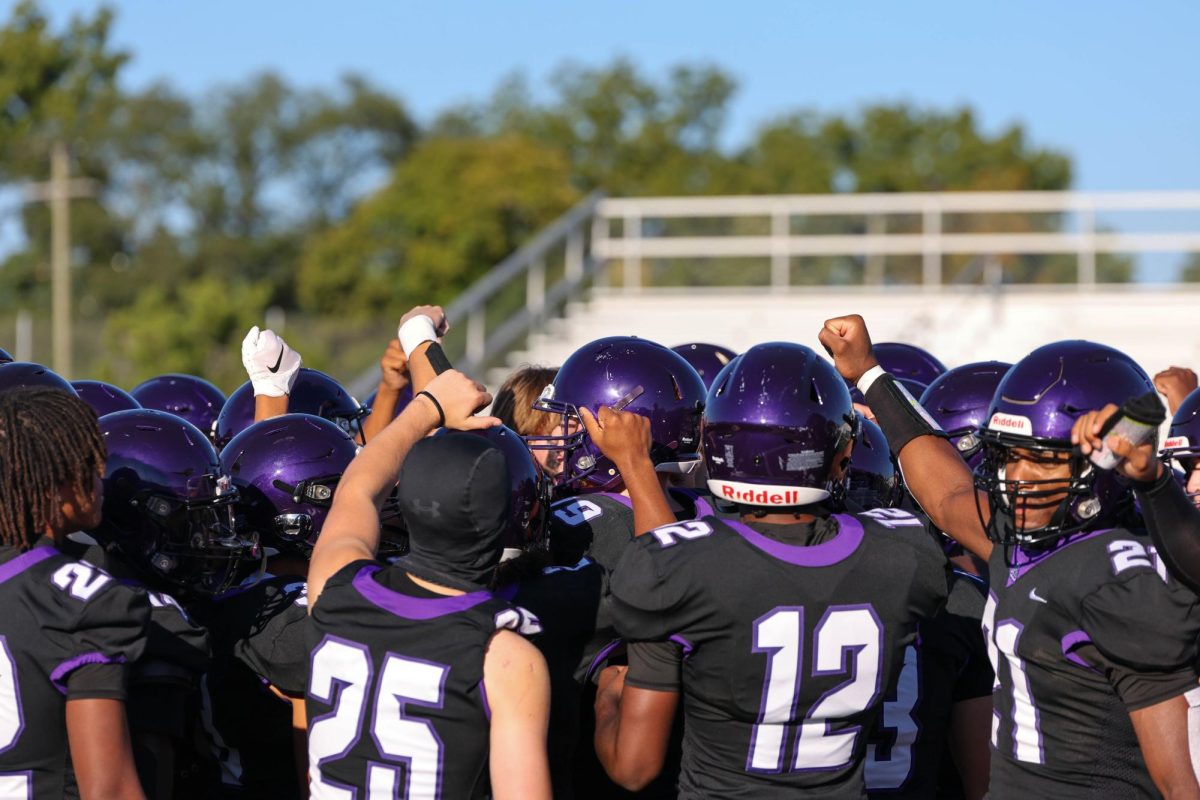Real Talk with Roxie
Connecting Through Reading
December 4, 2019
In the Richner family genes, stubbornness runs deep. It’s not that we’re bad listeners or closed-minded, we just all have strong attachments to our values, beliefs, backgrounds and experiences. My dad grew up in Grosse Pointe: a wealthy, predominantly white suburb of Detroit. In high school, the lessons he learned were taught from a Judeo-Christian, white, privileged, Western perspective. He went on to attend Hillsdale College, a conservative Christian college. Naturally, my dad was a Republican.
When I was younger, I attempted to talk about politics with my family, but those dinner table discussions often ended with my dad feeling hurt and me feeling defeated. I was combative and self-righteous in my approach. Over the years, as I’ve become increasingly politically conscious and passionate, I’ve learned how to better spark civil discussions and hard conversations. As a family, we’ve found the key to productive political conversations: reading.
My family has always loved reading. We subscribe to the New York Times, TIME magazine and The Atlantic and we devour each issue. We spend evenings reading novels, and we constantly give each other book recommendations. These books and articles provide a shared frame of reference. While the content may be interpreted differently from reader to reader, the discussion begins from a common place. From healthcare to immigration to police brutality, we inform ourselves and then we discuss. Do we agree with the perspective the article was written from? Have we thought about this issue before? How are our views different after reading and learning more? Never would I have thought that introducing tactics from a literature class or book club into my family life would have made such a difference, but it truly has.
Even more so than nonfiction articles, literature has allowed my family to take deep dives into difficult issues together. In my first year at Community High, I took Harlem Renaissance Literature with Matt Johnson. In the class, we read an assortment of literature written by black authors, much of which is not taught in standard English classes. We centered black authors and broke down the American dream, learning about the systemic racism that runs through the bloodline of our country. Every day I came home from school ecstatic to show my parents what we were reading in class. From James Baldwin’s classic essay “A Letter to my Nephew” to Colson Whitehead’s groundbreaking novel The Underground Railroad, we took turns reading the content and reflecting with each other. We would sit at the kitchen table pouring over print-outs of lesser-known Langston Hughes poems, infatuated with the beauty of his writing, reveling in our discussion of its modern echoes.
Humans understand life better through stories; stories change hearts and minds. Not only do they change minds, they change mindsets. Through stepping into the shoes of someone very different than yourself, you gain insight and perspective on the world. When you take the time to learn from the experiences of others, you’re able to bring an empathetic mindset to all spaces you’re in. I think that’s what made such a difference to my dad. He’s gone from a registered Republican to a tentative Bernie Sanders supporter. This transformation is thanks to those hard conversations and my dad’s willingness to listen and look at issues from new perspectives. But the majority of the credit truly goes to the incredible authors that told him their stories, shared their lived experiences and spoke bluntly about the issues facing the most marginalized.
My family has found books and articles to be the glue that holds us together and helps all of us learn and grow from each other. Our discussions provide growth beyond what we would have been able to accomplish through reading the piece alone. Instead of arguing, we discuss. Instead of regurgitating partisan talking points, we share knowledge and form our own views.
Our family group chat is a constant stream of life updates and funny anecdotes, of course, but also of article links and commentary on the daily news. Not only am I lucky to have a family with close relationships, but I’m lucky to have a family that is dedicated to learning and growing through open discussion.
And this summer? After reading Just Mercy by Bryan Stevenson, a memoir detailing the broken criminal justice system in our country, my dad was moved enough to share the book with my grandma, his mother, a Trump voter.










